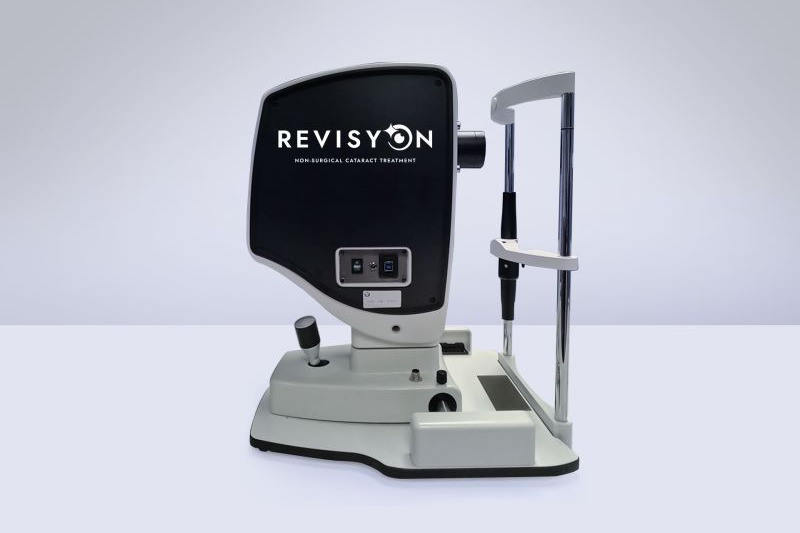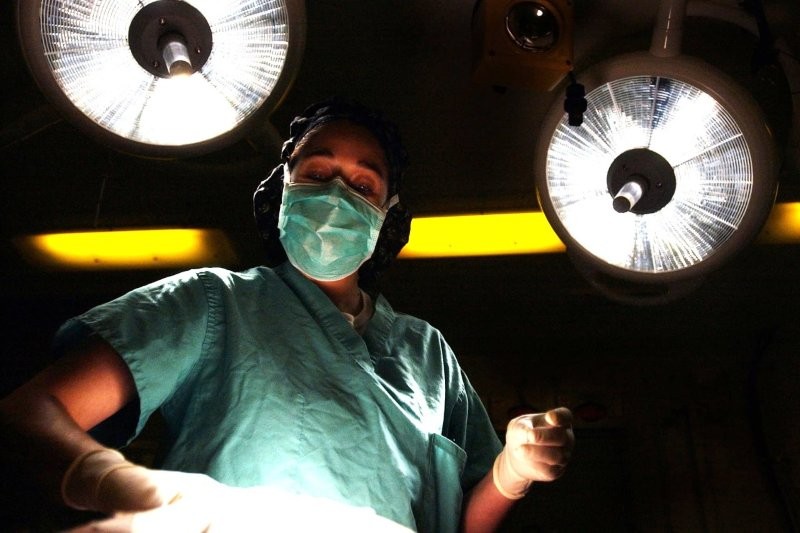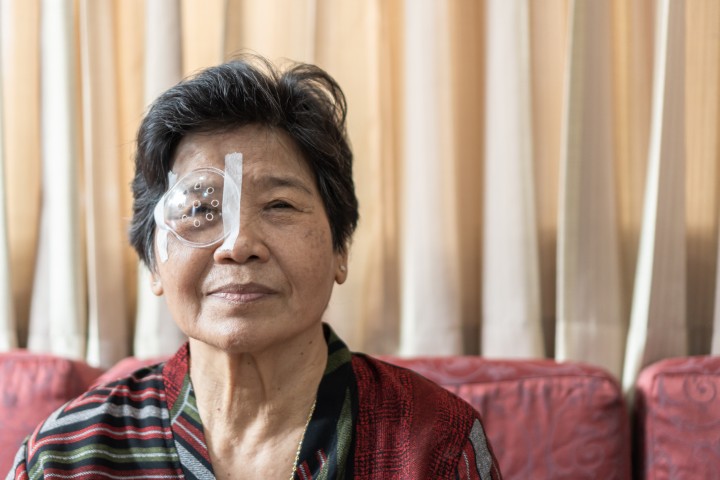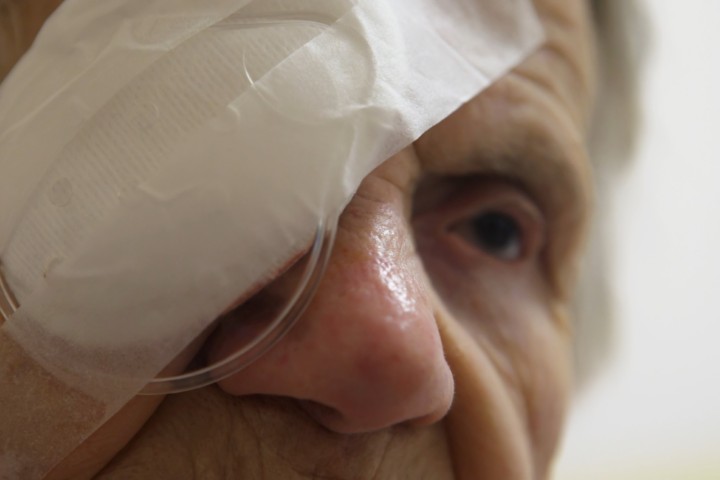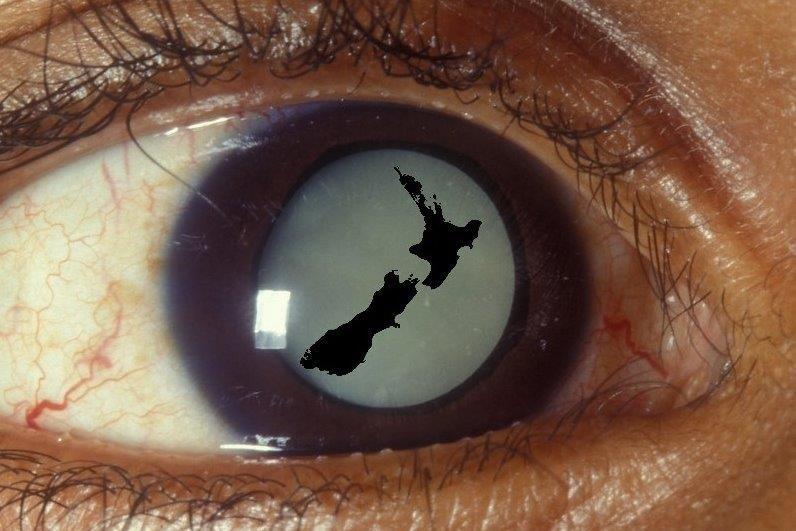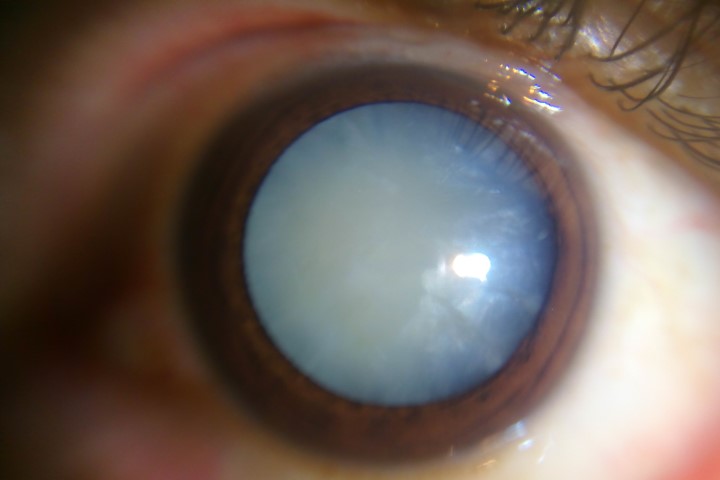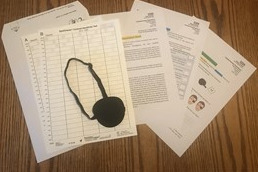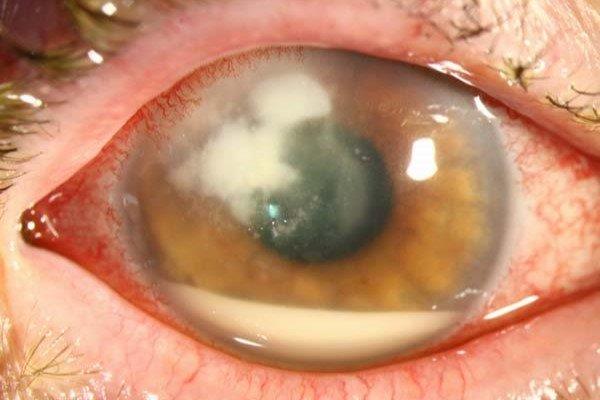ISBCS shown to be safe and effective
Two studies presented at the recent 43rd Congress of the European Society of Cataract and Refractive Surgeons found immediate sequential bilateral cataract surgery (ISBCS) to be safe, practical and often associated with better visual outcomes than delayed sequential bilateral cataract surgery (DSBCS).
A Moorfields analysis of 10,192 patients undergoing bilateral cataract surgery showed the best outcomes among patients receiving multifocal lenses with ISBCS, with 85% achieving 20/20 vision or better, compared with 77% in DSBCS. For monofocal lenses, outcomes were similar whether surgery was immediate or delayed (around 70% achieving 20/20). Prescription accuracy within ±0.5D was achieved by 88% of multifocal ISBCS patients, compared with 71% of monofocal ISBCS and 67% of monofocal DSBCS cases.
A Danish study from Silkeborg Regional Hospital (SRH) and Aarhus University Hospital surveyed patients following ISBCS. Of the 113 respondents, 88% said they could move around their home unaided, 79% prepared food and 51% used their mobile phone independently upon returning home. Sixty-two percent required no caregiver support within the first 24 hours, although half needed assistance with eye drops.
SRH ophthalmic nurse Mia Bendixen said the results show many people can expect to manage well soon after surgery, which may ease anxiety about needing support. “However, some still benefit from a caregiver during the first day. For clinicians, these findings support offering same-day cataract surgery, while emphasising patient education and planning for temporary help if needed. If surgery can be carried out in one go, this could reduce clinic visits and caregiver burden, as well as improving efficiency in healthcare delivery.”











